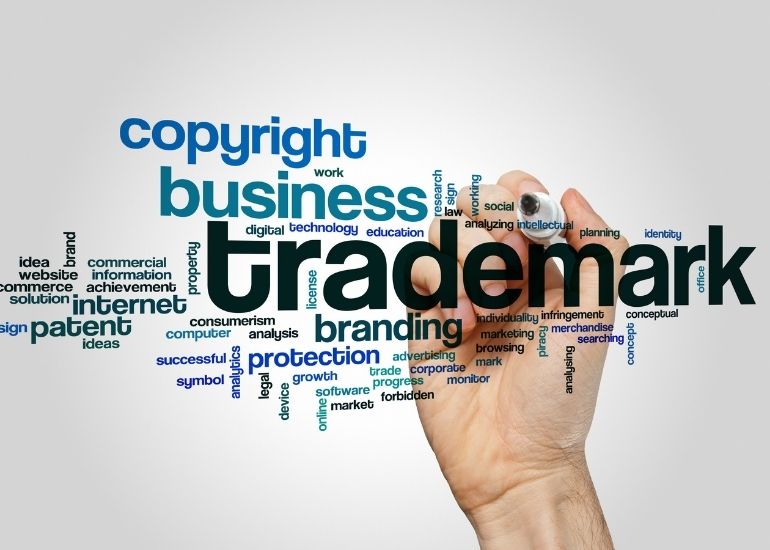Article written by Rebecca Di Noia, Business Connect Advisor, Western Sydney Business Centre.
Have you ever been to a foreign country; where you are hungry, desperately looking for food, and unable to understand the language? Suddenly, you spot huge yellow arches in the distance, and you think to yourself: “Yay, it’s McDonald’s, I am saved!!”
A few weeks ago, I shared my business trademark experience with IP Australia. Like many other businesses, we presumed that trademarks do not apply to us because we are too small when we start a business. However, after attending many workshops and information sessions, I kept hearing the same message over and over: if you are spending time and resources to build a brand, then, you need to ensure it is protected.
So, what is a trademark? A trademark is a symbol, design, or phrase that distinguishes a product or service from its competitors. Trademarks serve as an identification tool for customers that help differentiate products and services from one another.
There are several benefits to business trademarking. One of the most significant advantages of trademarking is legal protection. Once a trademark has been registered, it grants the owner exclusive rights to use it in identifying goods and services. In other words, no one else can use or claim a similar or identical trademark for the same category of goods and/or services. If a competitor attempts to use a trademark that is like your own, you can take legal action against the offender to protect your brand.
Here are some key lessons I have learned:
- Make sure you have a basic understanding of trademarks, preferably by attending workshops and information sessions.
- Seek professional help early and ensure your agent or IP Attorney is experienced, especially if you are applying for international trademark registration.
- Before seeking to apply for a trademark, do a thorough search of trademarks that have already been registered in Australia and overseas. What is recognised or available domestically does not come with a guarantee that it will be available or recognised overseas.
- Before exploring different trademark options or designs in another country, make sure to check with the IP office of that country, or use IP Australia’s website to search international databases.
- Trademarks must be a vital component of your marketing plan, and if you are looking to export into another country, make sure IP ownership is mentioned in the contract.


